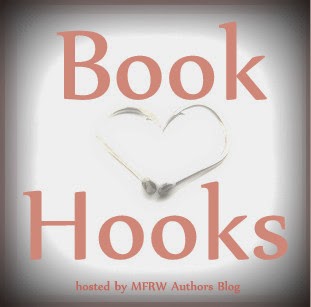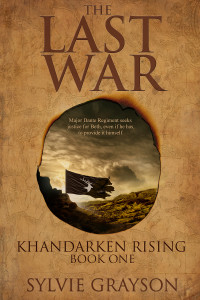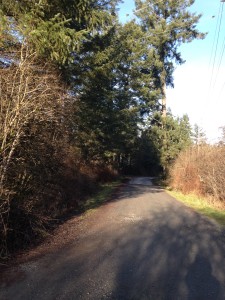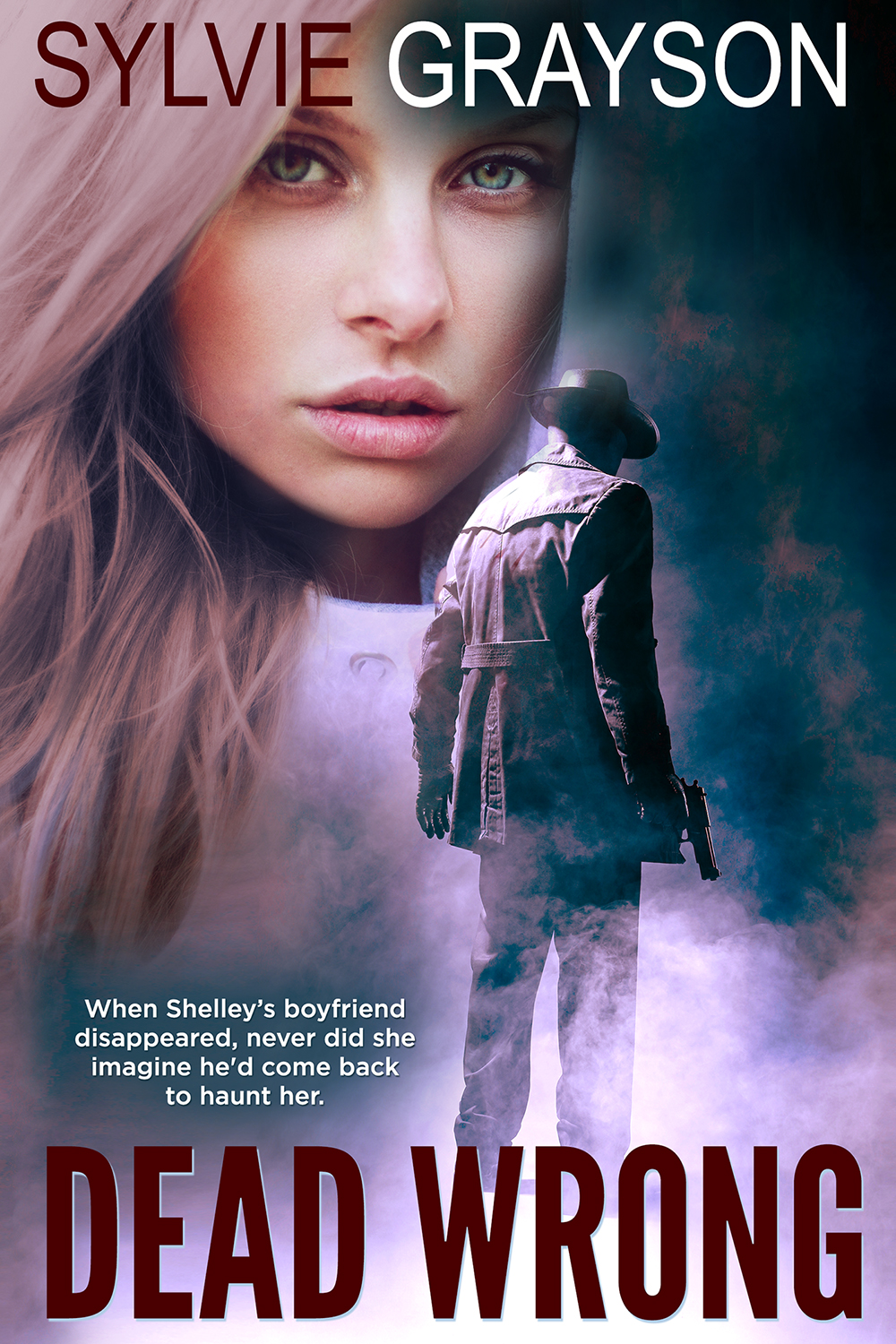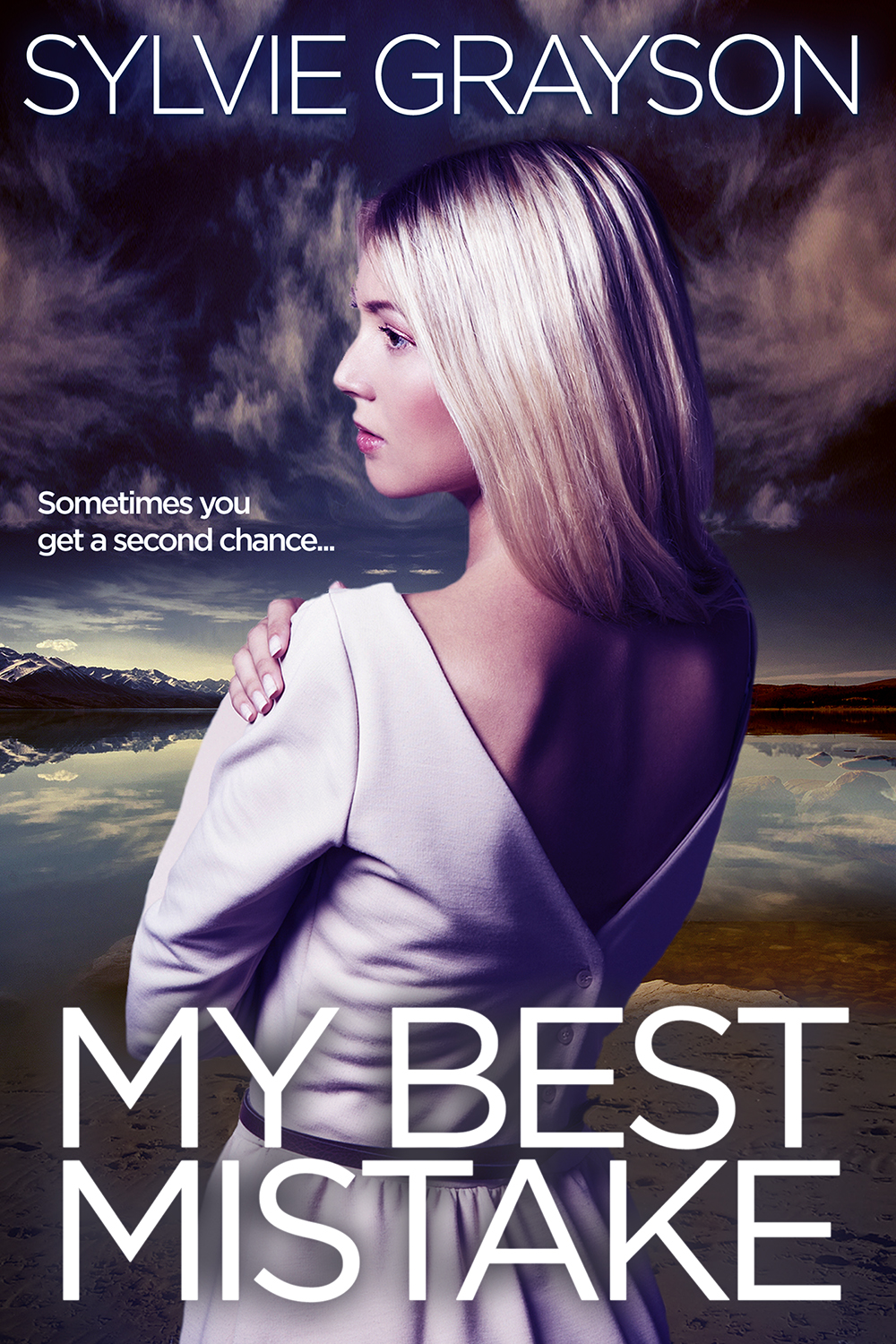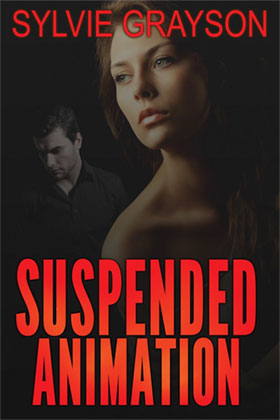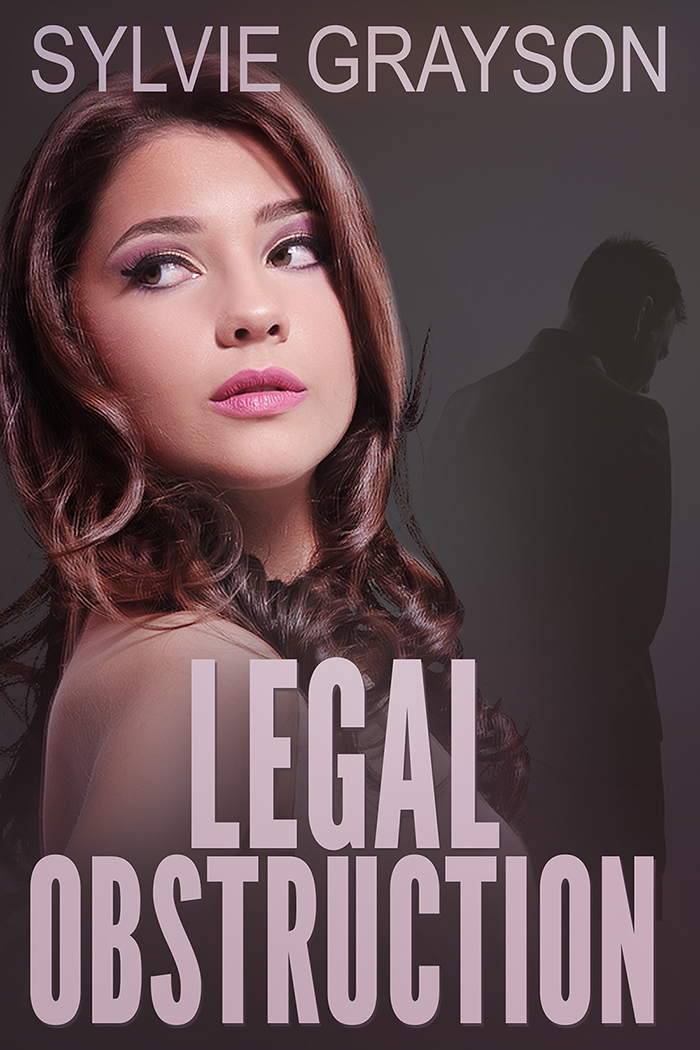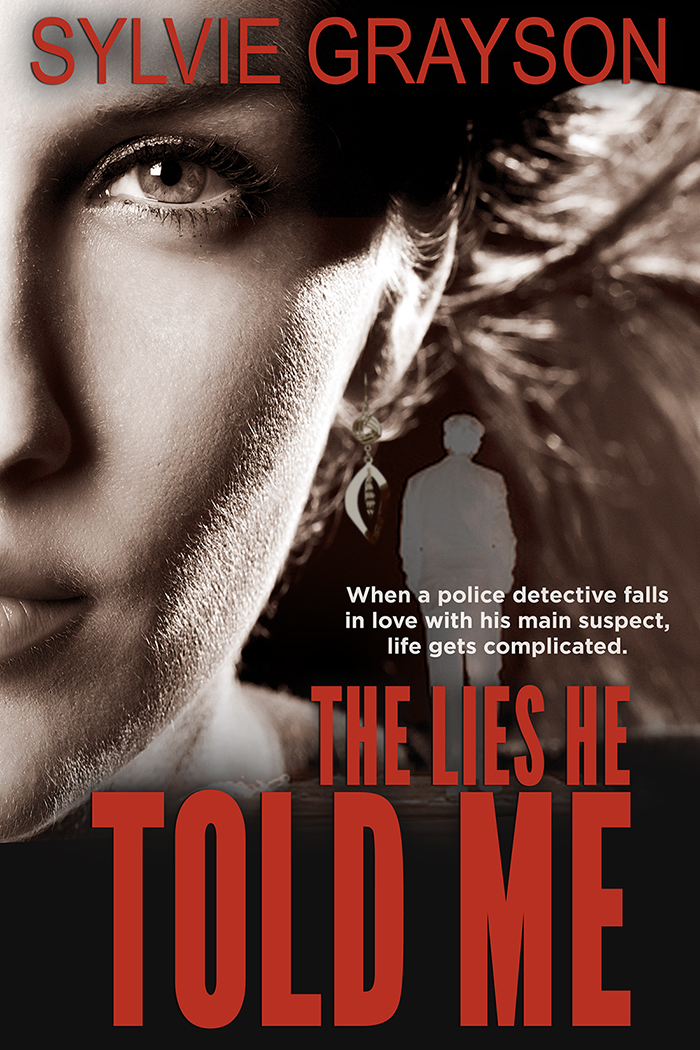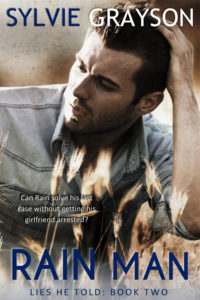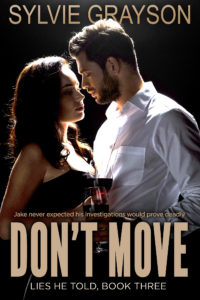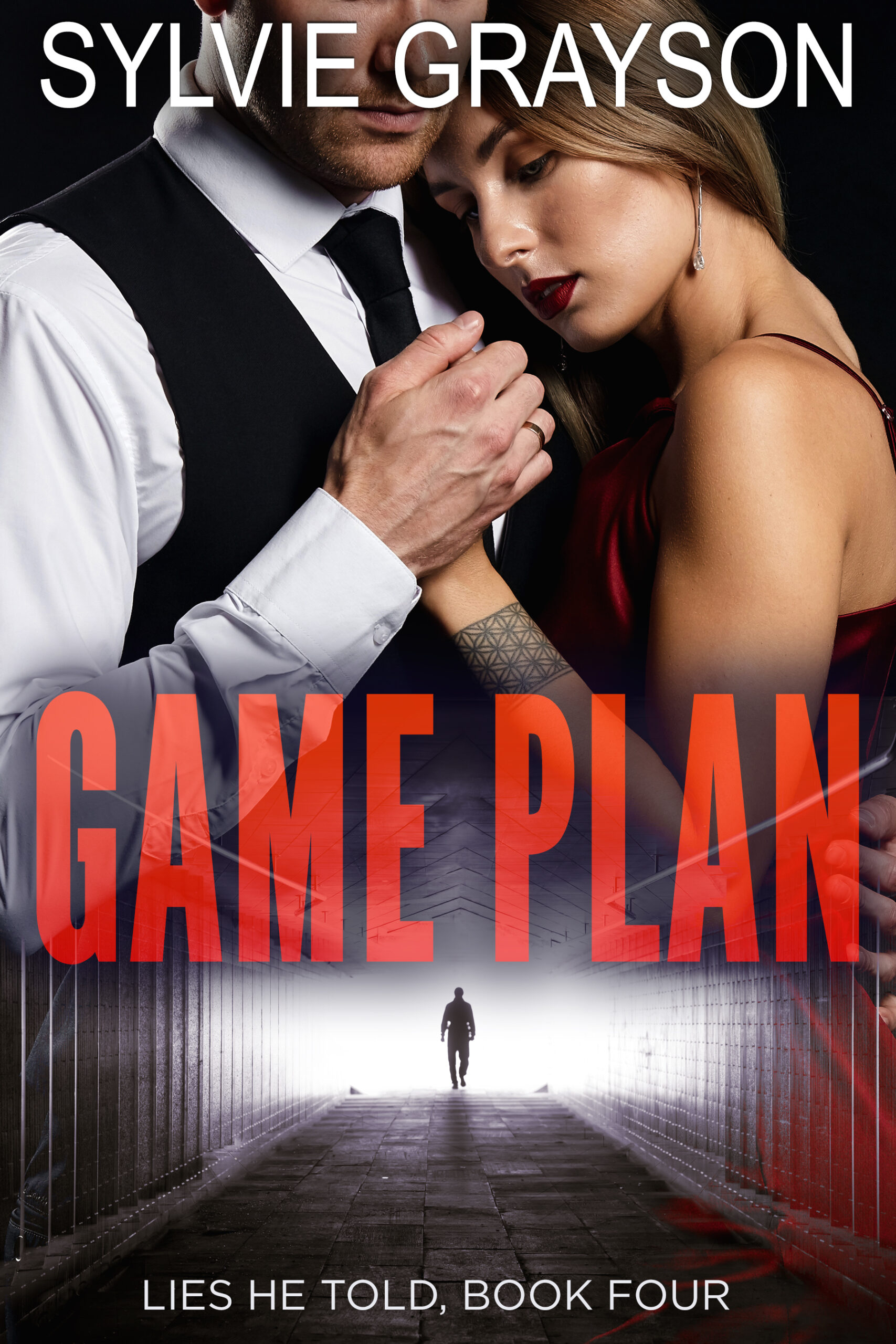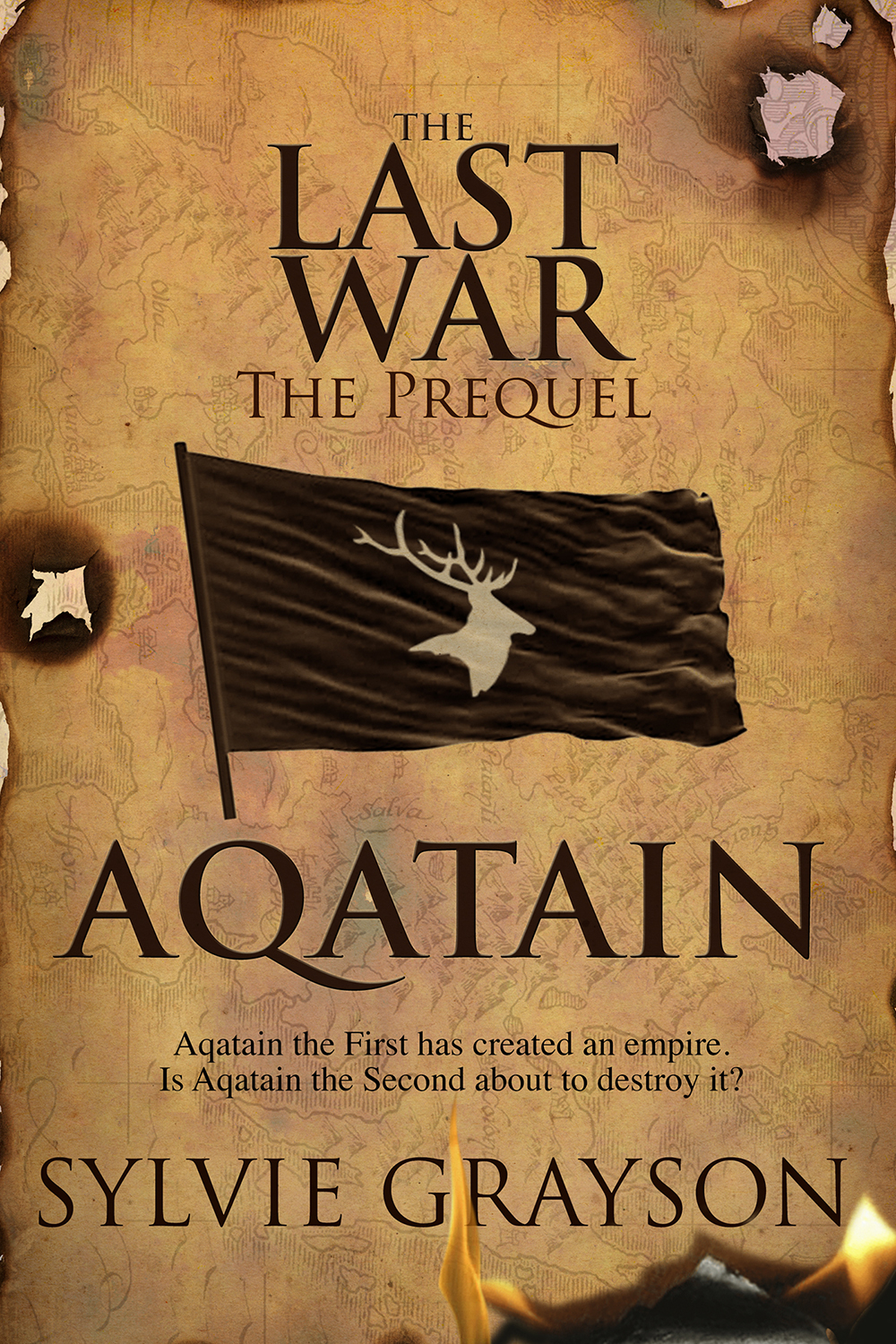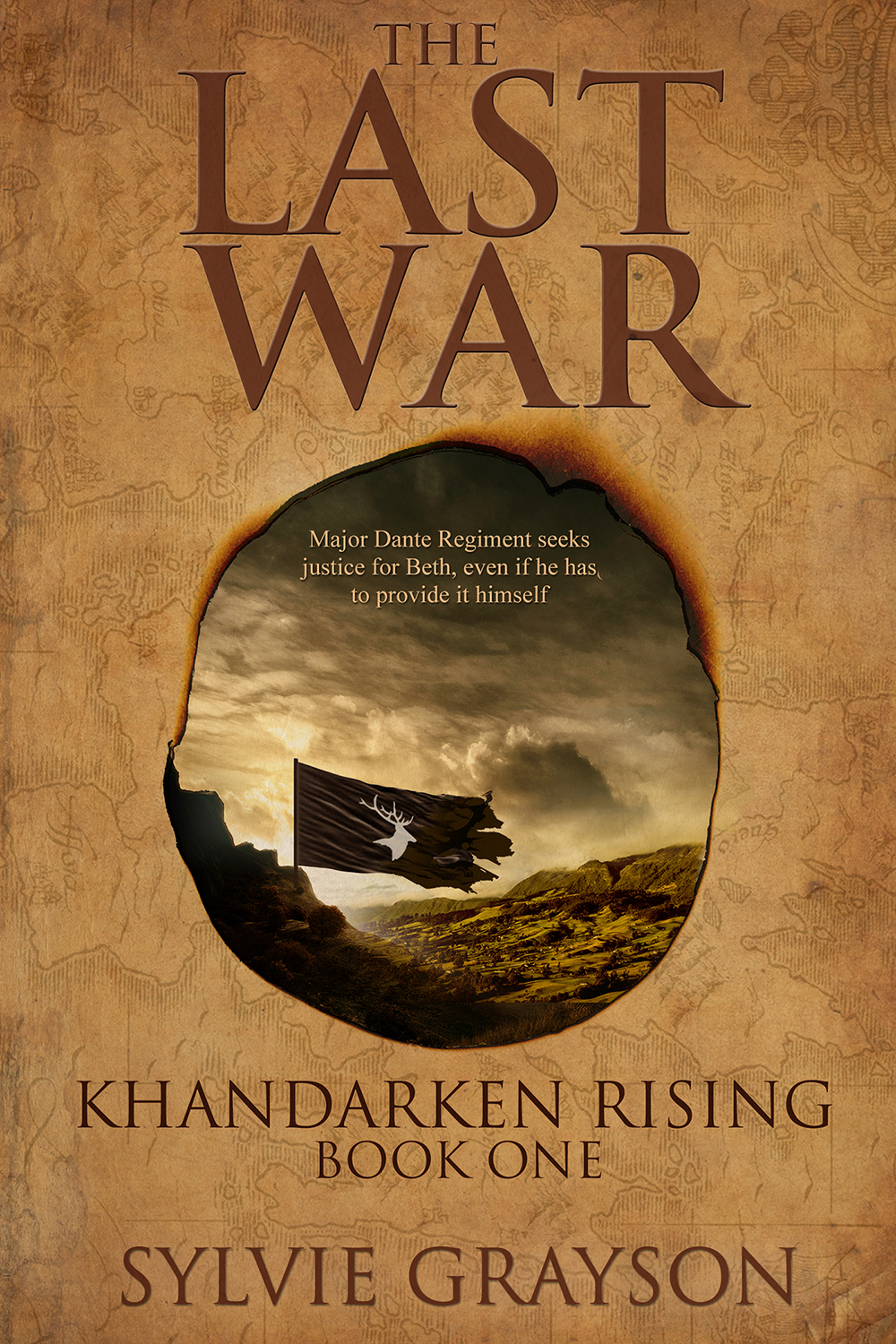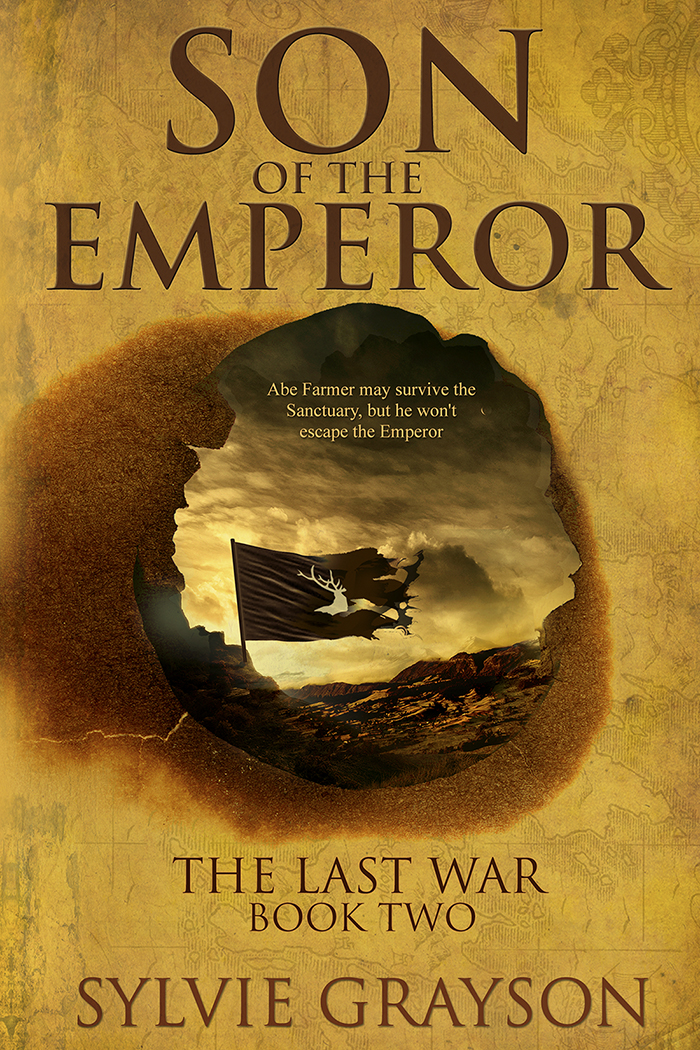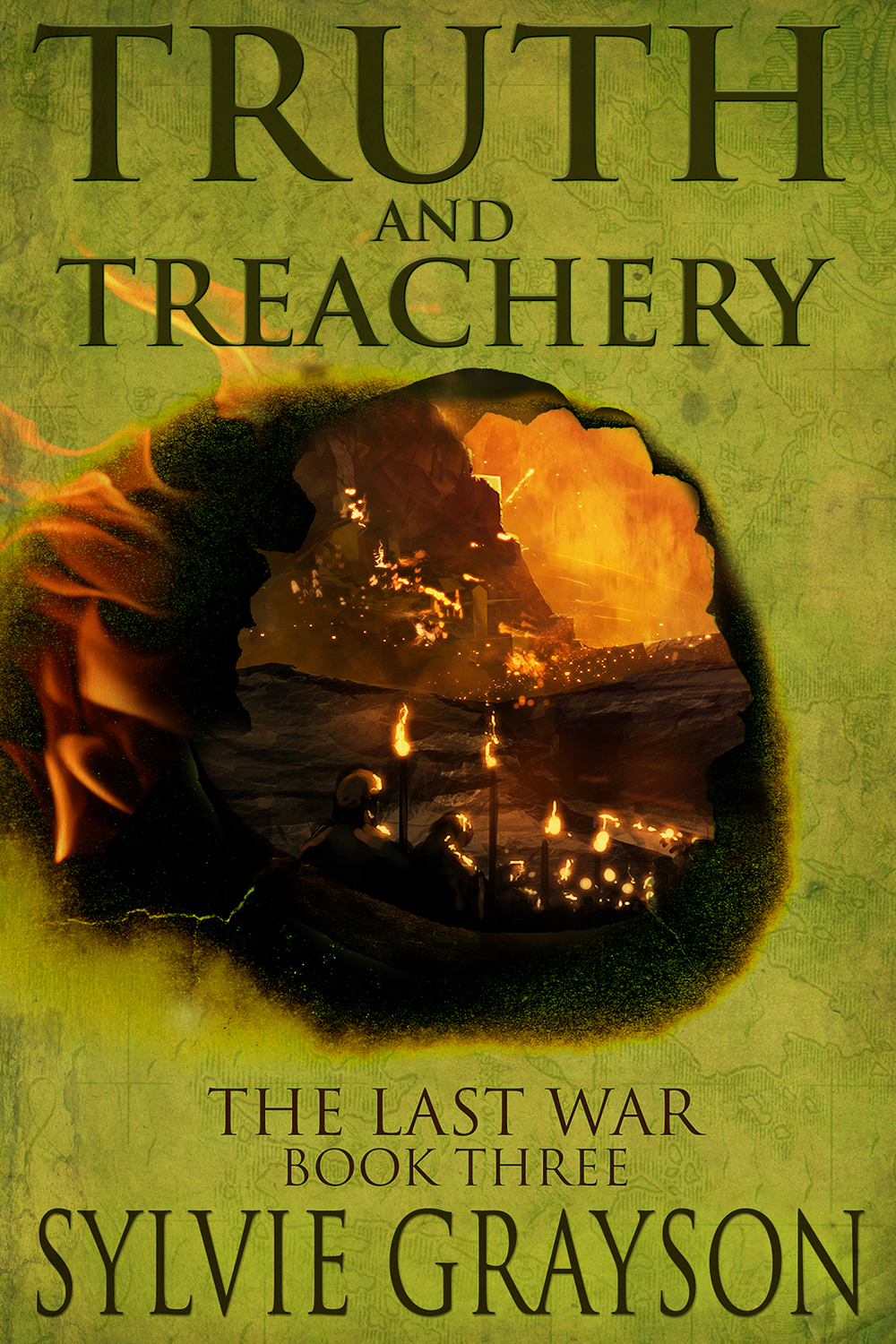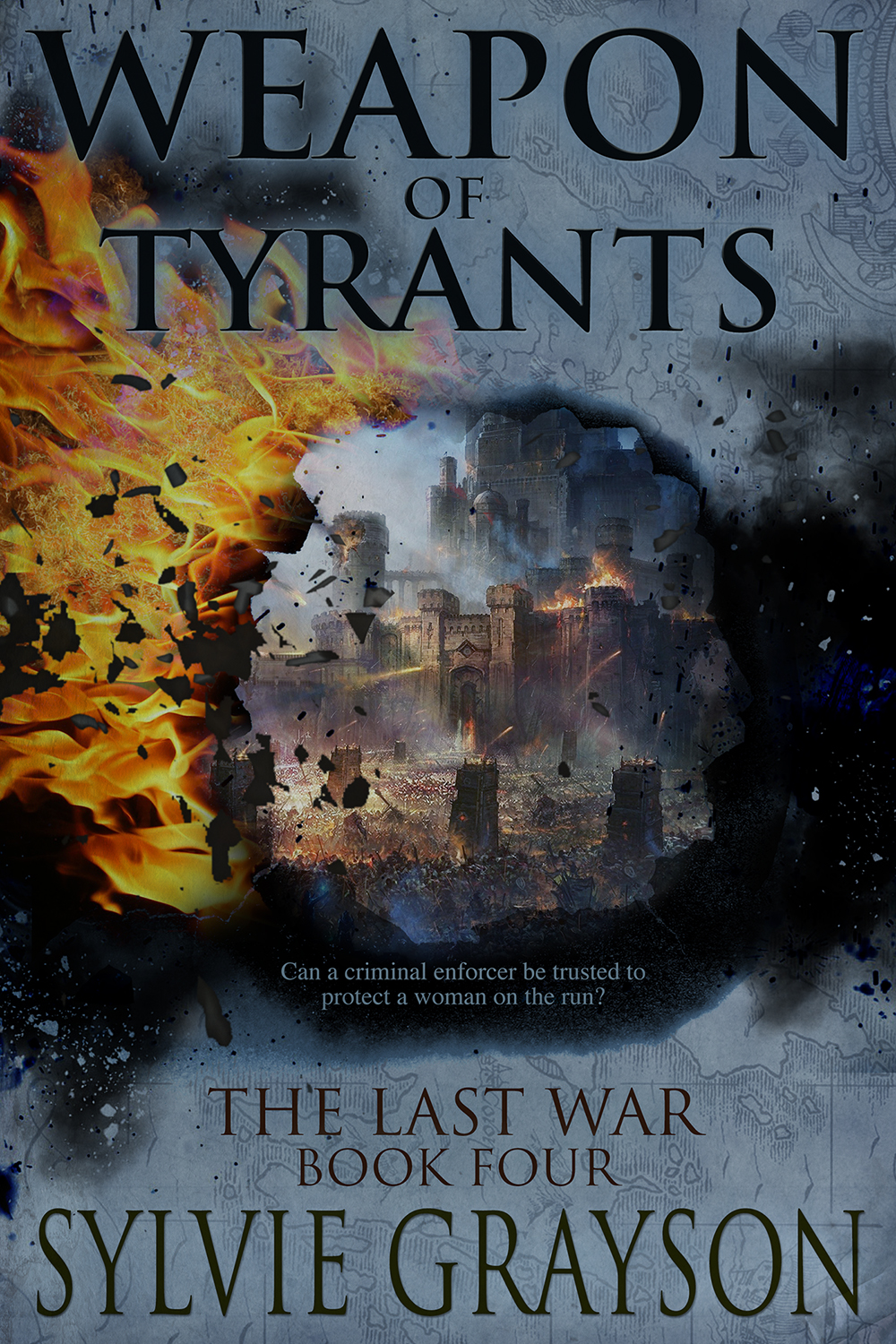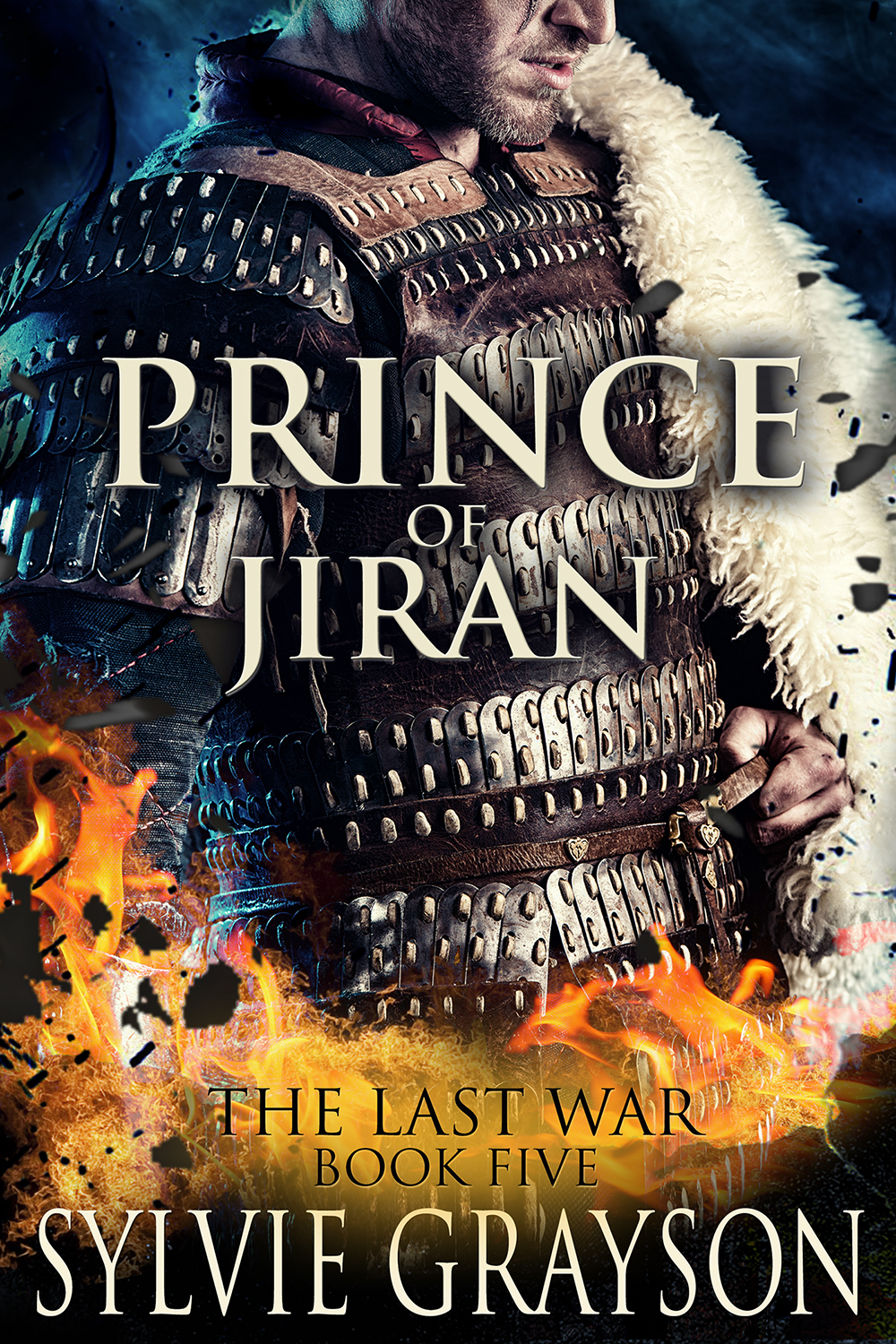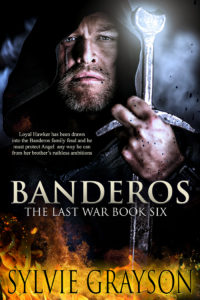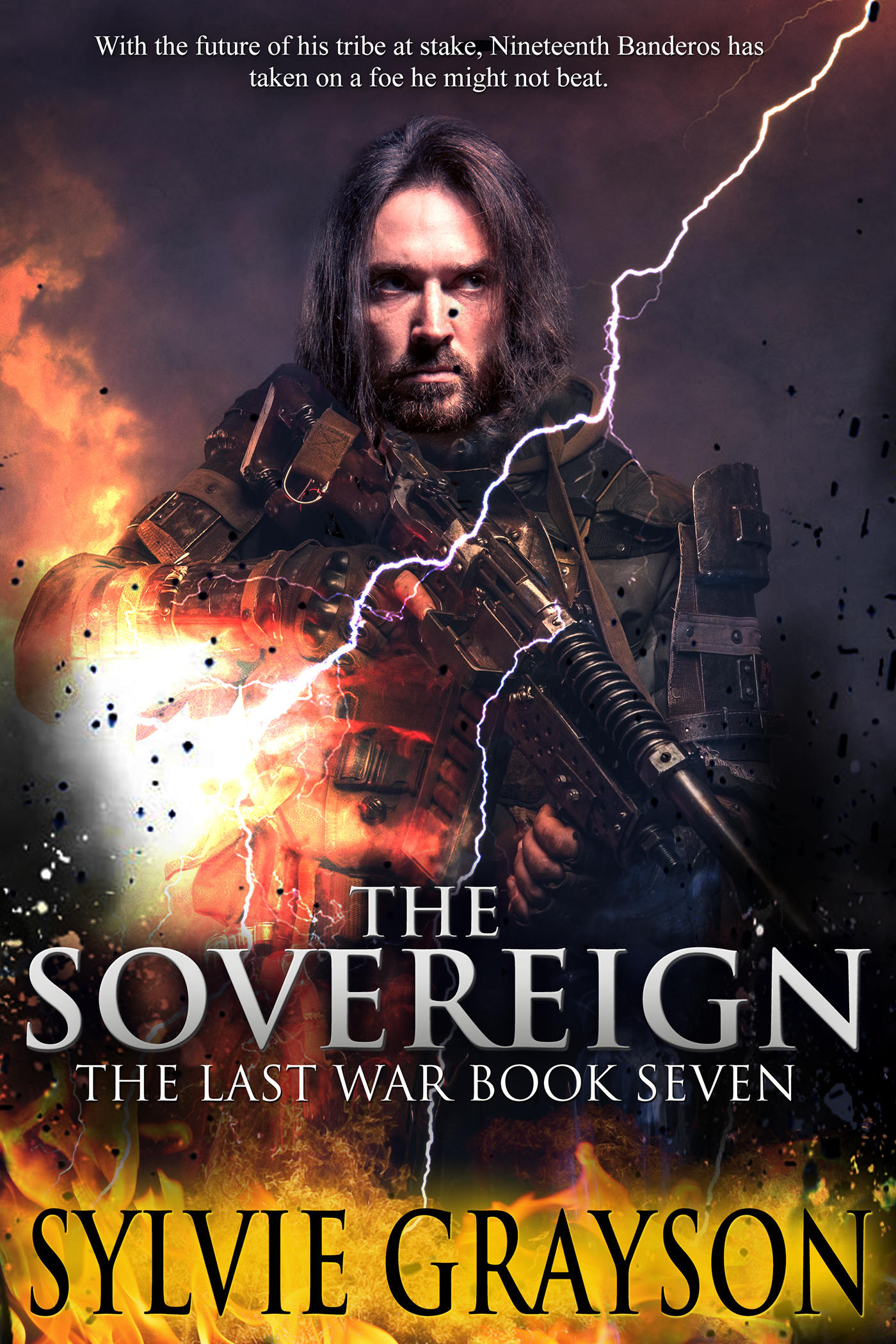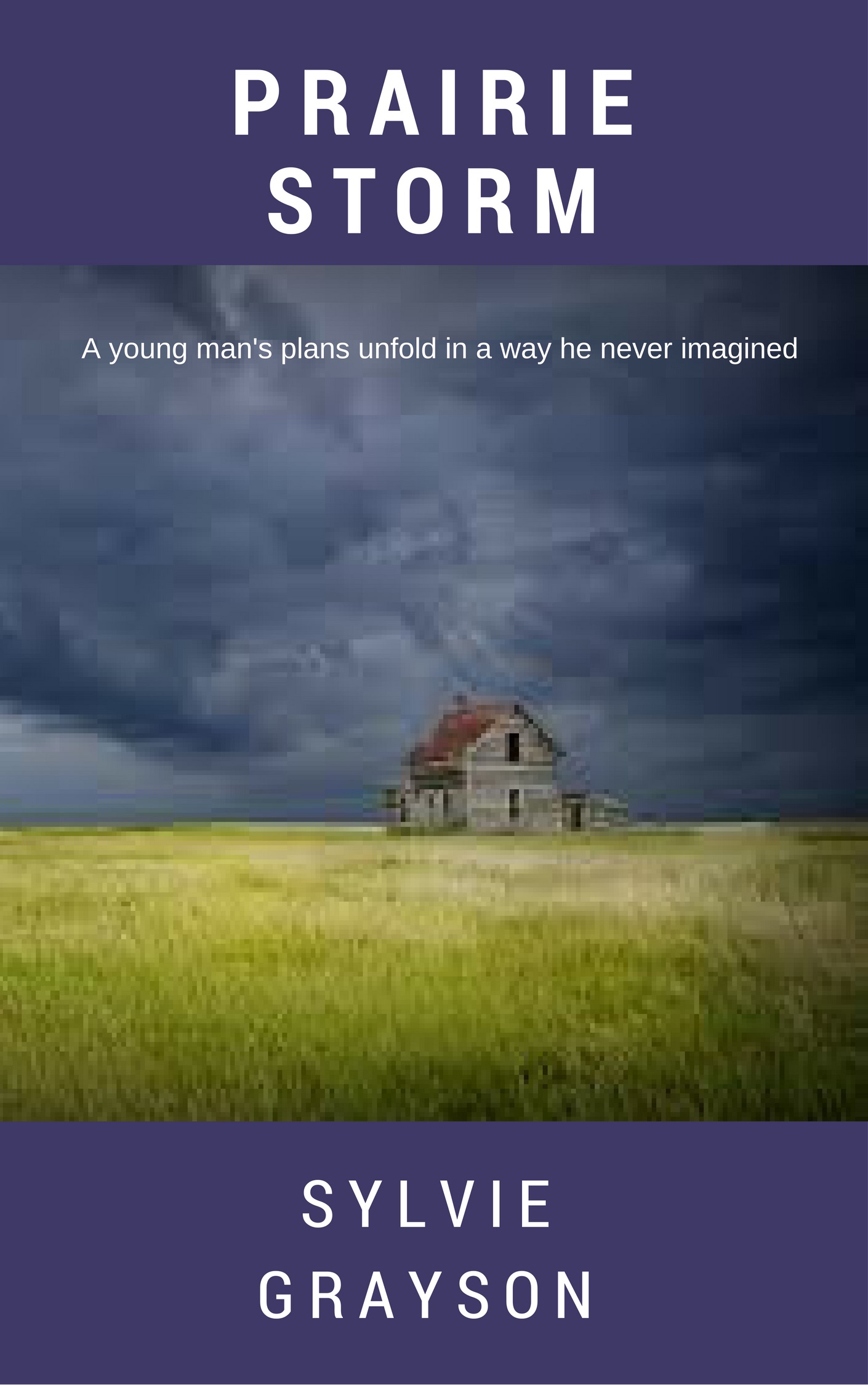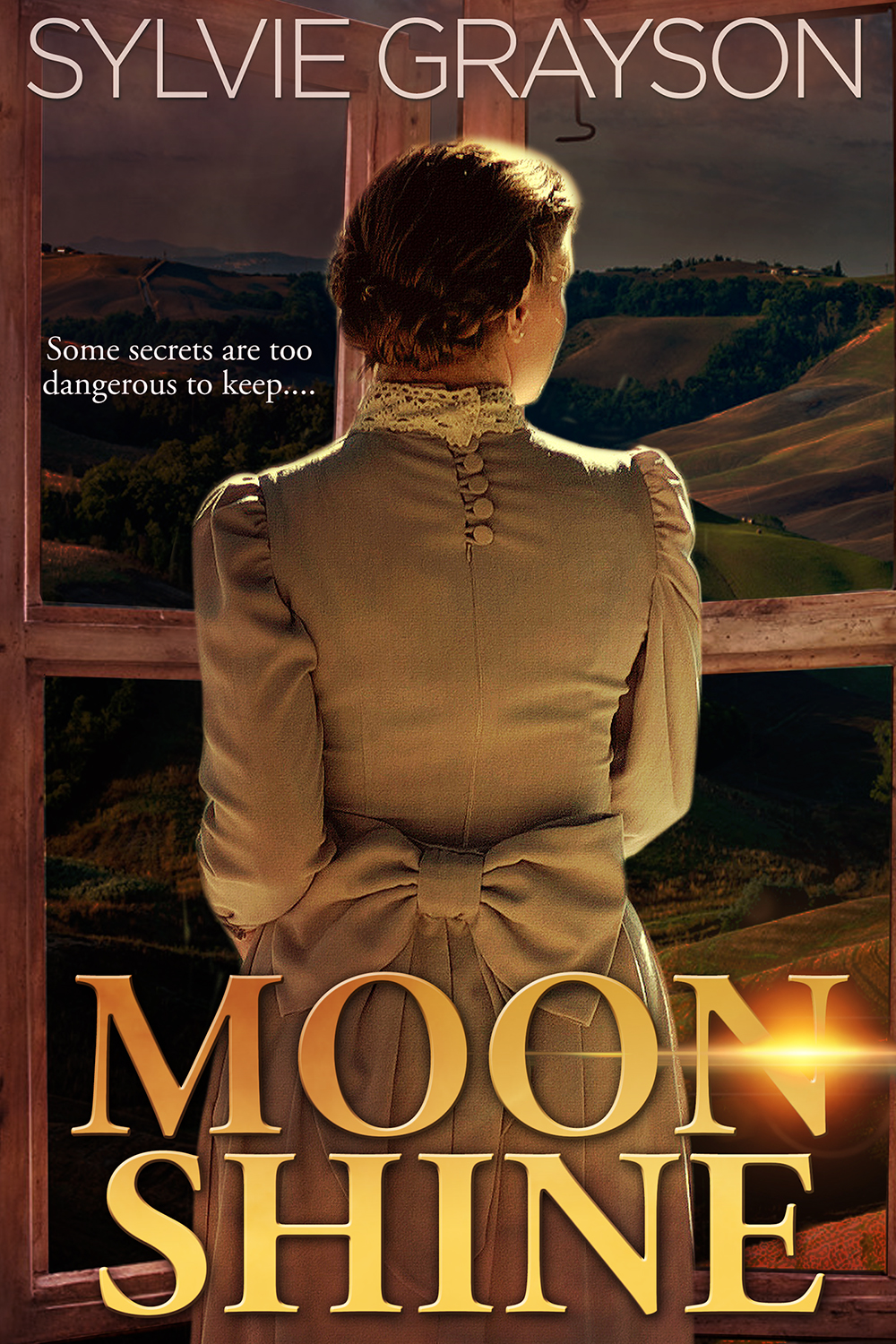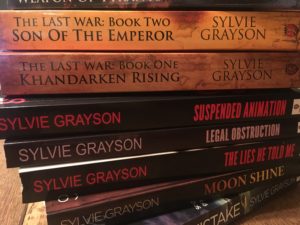
Copyright and ISBN (International Standard Book Number)*
In the simplest terms, copyright means ‘the right to copy’. In general it means the sole right to produce or reproduce work, or a substantial part of it. If it is unpublished, copyright includes the right to publish the work or any substantial part of it. By defining it by ‘substantial’ it is electing to leave out reproduction of minor parts of a work, as quotes are often used in reviews or discussions.
What is covered by copyright law? A work must be original and can include literary, dramatic, musical and artistic works or compilations. Copyright is granted the moment the work, whether professional or amateur, is created. There is no distinction between production of work for profit or hobby. Literary work includes anything that is written, such as speeches, essays and books and may be in any form. Dramatic works include the characters, scenes, relationship between characters, dialogue and dramatic expression. That’s interesting because I didn’t realize the characters we create as novelists would also be protected.
How do you obtain copyright in Canada? All powers to legislate copyright law are in the jurisdiction of the Parliament of Canada, by virtue of the Constitution Act 1867. Yet, copyright exists at the moment of creation of a work in Canada.
Some have promoted the ‘kitchen sink’ method of copyright. This was obtained by mailing a copy of the written work to yourself and once received, leaving it sealed in the envelope. You now had a copy of the work with a date and time provided by the post mark, proving your possession prior to any possible publication by someone else. My mother preferred that method, and had me mail her poems to her before she put them out to the public to give herself some assurance she could prove ownership.
The Canadian government offers a formal way to obtain copyright but it is not free. Currently, if the work and fee are submitted online, the cost is $50. If it is done other than online, such as by mail, the cost is $65 per work. Go to the official website to learn more – https://www.ic.gc.ca/eic/site/cipointernet-internetopic.nsf/eng/h_wr02281.html
How long does copyright last? Generally in Canada it lasts for the life of the author, plus 50 years. Therefore protection expires on December 31 of the 50th year after the author of the work dies. However, if the original author assigns ownership to another, either personal or corporate, it only lasts for 25 years after the author’s death.
The ISBN is different. It is a system of numerical identification, again provided by the federal government, for books, pamphlets, educational kits, microforms, CD-ROMs and other digital and electronic publications. Assigning a unique number to each published title provides that title with its own, unduplicated, internationally recognized identifier. Each different format of an electronic publication (e.g., Kindle, Kobo, EPUB, MOBI, PDF) that is published and made separately available shall be given a separate ISBN.
I didn’t know this. I was aware the print book had one ISBN and the ebook had a separate one, but this says each type of ebook requires its own number.
How is the ISBN used? Publishers, booksellers, libraries and others in the book industry use ISBNs to identify publications and determine the publishing country. An ISBN is required for the sale and distribution of a publication. Originally the numbers in Canada were 10 digits in length, but changed to a 13-digit number as of January 1, 2007. To learn more or apply for ISBN numbers, go to the government website – http://www.bac-lac.gc.ca/eng/services/isbn-canada/Pages/create-account-isbn-canada.aspx
Luckily, these numbers are free in Canada. The Library and Archives Canada assigns 10 numbers upon application. When they have been used, another 10 are assigned for your exclusive use.
*Information courtesy of Wikipedia and Library and Archives Canada
